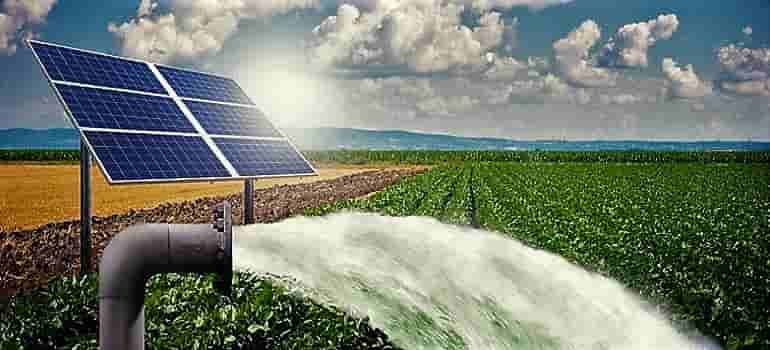Solarization of Agriculture Faces Challenges says a new report
The Pradhan Mantri Kissan Urja Evam Utthaan Mahabhiyaan (PM-KUSUM) scheme, launched in 2019 with the ambitious goal of solarizing Indian agriculture, has faced significant hurdles. According to a new report by the Centre for Science and Environment (CSE), the scheme has achieved only 30% of its targets despite the looming 2026 deadline.
The report, released at a webinar today, highlights the challenges and potential solutions for the scheme’s implementation based on case studies from Haryana, Punjab, Rajasthan, and Chhattisgarh.
Key findings of the report:
- Farmer satisfaction: Farmers who have adopted solar water pumps are generally satisfied, citing benefits like day-time irrigation and cost savings compared to diesel pumps.
- Implementation challenges: The availability of cheap electricity and centralized implementation models in some states have hindered the scheme’s progress.
- Pump size mismatch: Farmers often end up with oversized pumps, leading to increased costs.
Recommendations to accelerate implementation:
- Decentralized implementation: Empowering state agencies with local knowledge to manage the scheme effectively.
- Financial flexibility: Offering installment payment options for farmers to improve affordability.
- Increased central financial assistance: Adjusting subsidies based on state-specific needs and solar module prices.
While the scheme has shown promise in certain areas, addressing these challenges is crucial for its success in achieving the goal of solarizing Indian agriculture and contributing to the country’s climate action goals.


